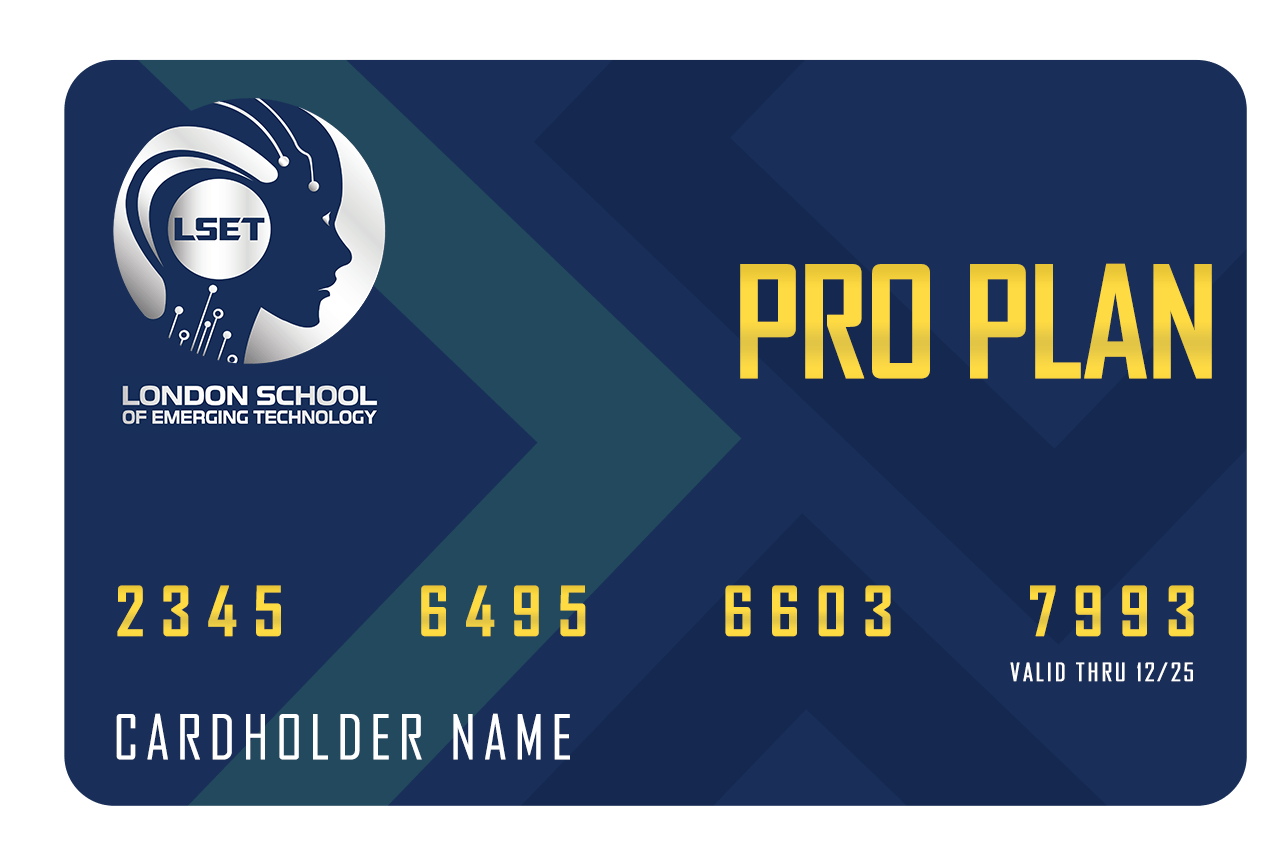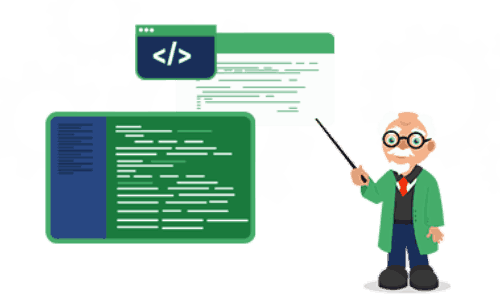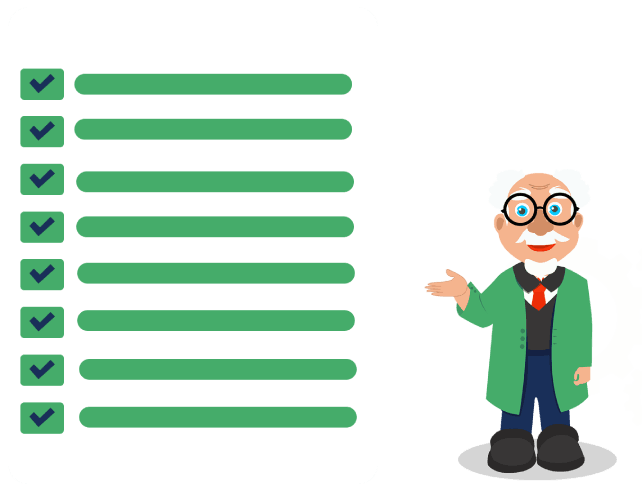The programme offers comprehensive training in the following technologies and tools:
Data Science Fundamentals: Introduction to core data science principles and methodologies.
Database Theory: Exploring databases, data warehousing, and data modelling techniques.
SQL: Developing proficiency in SQL for effective database management and querying.
Tableau: Mastering data visualisation and dashboard creation using Tableau.
Business Intelligence Tools: Examining various BI tools and their practical applications.
OLAP (Online Analytical Processing): Utilising OLAP for multi-dimensional data analysis.
Data Collection and Cleansing: Learning methods to gather and refine data for accuracy.
Data Transformation: Exploring techniques to convert raw data into valuable insights.
Data Visualisation: Crafting impactful visual representations to effectively communicate findings.
Agile Project Management: Applying agile methodologies for efficient BI project management.
CICD Pipeline: Implementing Continuous Integration and Continuous Delivery to streamline BI solution deployment.
Real-World Capstone Project: Applying acquired skills to a practical project, such as developing a basic online banking application, to build a technical portfolio.




 Premium Career-Ready Track
Premium Career-Ready Track












